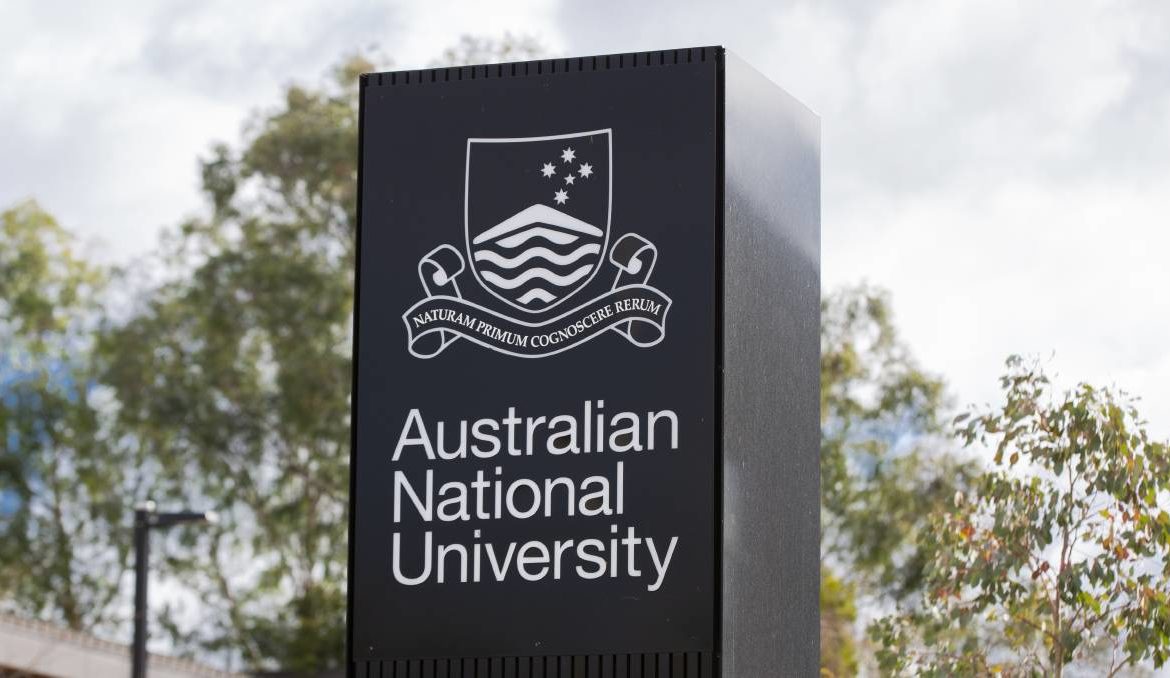news, education,
Australian National University has reversed a decision to dock 30 per cent off final assignment grades from 300 computer science students. ANU computer science convenor Hanna Kurniawati sent a message to students on Monday saying there were “massive academic misconduct reports” and it was impossible to differentiate between plagiarised and legitimate assignments. Dr Kurniawati moved to penalise all students in the course. “Please don’t complain to teaching staff about this penalty, rather you should complain to your colleagues who were trying to outsource their [final project], which is plentiful,” she said. Students were notified of the university’s decision to reverse Dr Kurniawati’s decision and reinstate original grades through and from Tony Hosking and Uwe Zimmer from the Research School of Computer Science sent on Tuesday night. “The School apologises for the confusion and any distress caused by the notice yesterday … about your [final assignment] and final overall marks,” the email read. “We recognise that the message lacked precision and should have been clearer. “We also apologise for creating the impression that we have administered a group punishment. We have not done so, and will not be doing so. “We found the marks of the [assignment] to be unusually skewed. As a result, we applied standard measures of adjustment, as is procedure.” “As a separate issue, there was also evidence noted of wide-spread academic misconduct for the assignment. The email stated the school would investigate evidence of academic misconduct, and will review future assessment for the course to minimise opportunities for cheating. READ MORE: ANU Computer Science Student Association president Felix Friedlander said the mark downgrades could have had devastating outcomes for students. “A number of students believe they have failed this course as a direct result of this action when they wouldn’t have otherwise,” he said. Mr Friedlander said the decision to reverse the grade change was a positive outcome and appreciated the matter being resolved promptly so close to end-of-year shutdown. “I suspected from the beginning that the intent was simply to scale the assignment and that there was a miscommunication that led to this being described as a sort of collective punishment,” he said. “I believe the school means what they say in this email and I agree that in the circumstances reinstating the marks was the right thing to do. “This incident highlighted how, in the face of rampant academic misconduct, even routine measure like scaling can become a punishment on honest students and how important it is that suspicious of academic misconduct are investigated fairly.”
/images/transform/v1/crop/frm/pMXRnDj3SUU44AkPpn97sC/fe6da1ab-77f2-4e44-974e-3f80e4120a8d.jpg/r3_256_4998_3078_w1200_h678_fmax.jpg
Australian National University has reversed a decision to dock 30 per cent off final assignment grades from 300 computer science students.
ANU computer science convenor Hanna Kurniawati sent a message to students on Monday saying there were “massive academic misconduct reports” and it was impossible to differentiate between plagiarised and legitimate assignments. Dr Kurniawati moved to penalise all students in the course.
“Please don’t complain to teaching staff about this penalty, rather you should complain to your colleagues who were trying to outsource their [final project], which is plentiful,” she said.
Students were notified of the university’s decision to reverse Dr Kurniawati’s decision and reinstate original grades through and from Tony Hosking and Uwe Zimmer from the Research School of Computer Science sent on Tuesday night.
“The School apologises for the confusion and any distress caused by the notice yesterday … about your [final assignment] and final overall marks,” the email read.
“We recognise that the message lacked precision and should have been clearer.
“We also apologise for creating the impression that we have administered a group punishment. We have not done so, and will not be doing so.
“We found the marks of the [assignment] to be unusually skewed. As a result, we applied standard measures of adjustment, as is procedure.”
“As a separate issue, there was also evidence noted of wide-spread academic misconduct for the assignment.
The email stated the school would investigate evidence of academic misconduct, and will review future assessment for the course to minimise opportunities for cheating.
ANU Computer Science Student Association president Felix Friedlander said the mark downgrades could have had devastating outcomes for students.
“A number of students believe they have failed this course as a direct result of this action when they wouldn’t have otherwise,” he said.
Mr Friedlander said the decision to reverse the grade change was a positive outcome and appreciated the matter being resolved promptly so close to end-of-year shutdown.
“I suspected from the beginning that the intent was simply to scale the assignment and that there was a miscommunication that led to this being described as a sort of collective punishment,” he said.
“I believe the school means what they say in this email and I agree that in the circumstances reinstating the marks was the right thing to do.
“This incident highlighted how, in the face of rampant academic misconduct, even routine measure like scaling can become a punishment on honest students and how important it is that suspicious of academic misconduct are investigated fairly.”
A number of ANU compute science students had marks docked after a large number of “academic misconduct reports”. Picture: Jamila Toderas







